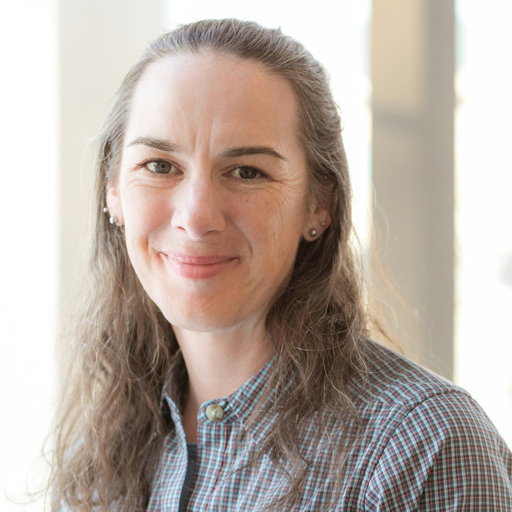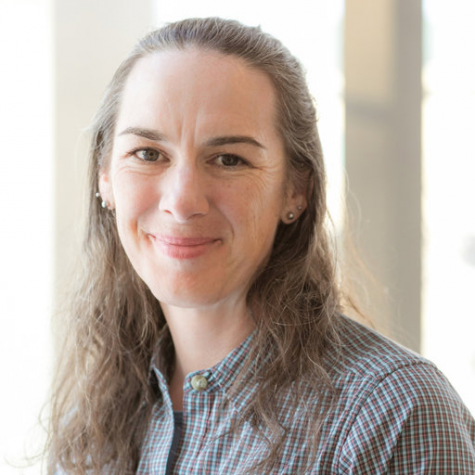Technology is Only Part of a Solution for Water and Sanitation Problems in Malawi

Rochelle Holm, Professor of Mzuzu University Center of Excellence in Water and Sanitation (Credit: Google)
October 27, 2020

Dr. Rochelle Holm, Professor of Mzuzu University Center of Excellence in Water and Sanitation, emphasized to a group of University of Utah students that technology is only a part of the solution in tackling the water and sanitation problems in Malawi.
She has carried out many projects for communities in Malawi that are focused on linking practical applications and bringing these results back to them.
According to Professor Holm, communicating with the community is more important than merely implementing the technology.
She describes the role communication in the construction of the corbelled pit latrine, a type of underground toilet facility that consists of two circular shaped pits.
The Mzuzu University Center came with the solution after discussing with the community and seeing the available materials. It then trained over 100 entrepreneurs who established small businesses to build the corbelled pit latrines.
Professor Holm also points out the importance of implementing sustainable technology. The Rose Pump is used throughout Sub-Saharan Africa due to it being a local innovation constructed using local supplies.”
Adding on, Professor Holm addresses how the sanitation problem can be solved by using the available materials like using pop bottles to create the hand washing station,
Moving on, Professor Holm describes the research project involving multiple use water to improve the livelihood of farmers. In doing so, she stresses the combination of research and communication with farmers.
Recently with the Texas Tech University, Professor Holm participated in evaluating the suitability of dried goat meat for children under the age of 5 in response to their high anemia rates.
As the Mzuzu people have the fish drawer, she and the other food scientists tried to repurpose the fish drawer to meet the needs of drying goat meat.
Despite the success of many projects, there were unsuccessful projects.
She recalls the project about building a properly engineered landfill in one of the Mzuzu communities. By building it, the Mzuzu council agreed with providing the community with jobs, biogas and electricity support, but it did not have the enough money to keep its promise.
She also says that the council people are kind, but there are not many cultural liaisons to bridge the gap between community people and the council.
Consequently, the community people destroyed the dump.
As well, the construction of composite toilets in the poorest Mzuzu community comprising of children taking care of HIV grandmothers failed miserably. As she soon found out, the people simply did not have the energy to use the composite toilet.
The right and effective solution for this community was the implementation of low maintenance toilets.
Responding to the failures of some projects, Professor Holm points out the needs for effective communication and use of sustainable technology rather than just implementing the technology.
Malawi is a country located in Southeastern Africa. In Malawi, 67% have basic water access and only 44 % have basic sanitation access.
In addition, 37% of Malawi children under 5 years old are categorized as undernourished based on assessment of their height, and 63% of children, age 6 to 59 months are reported to have anemia.
Professor Holm been volunteering in Malawi for several years before she did her doctoral there. This led her to join Mizzu University Center of Excellence and Water Sanitation located at northern Malawi eight years ago.
In the last eight years, Mizzu University Center of Excellence and Water Sanitation has done $ 1.5 million worth of grant and awards and published 37 public papers.
Mzuzu University has formed partnerships with many international organizations like UNICEF, Red Cross, Water Research Commission.
